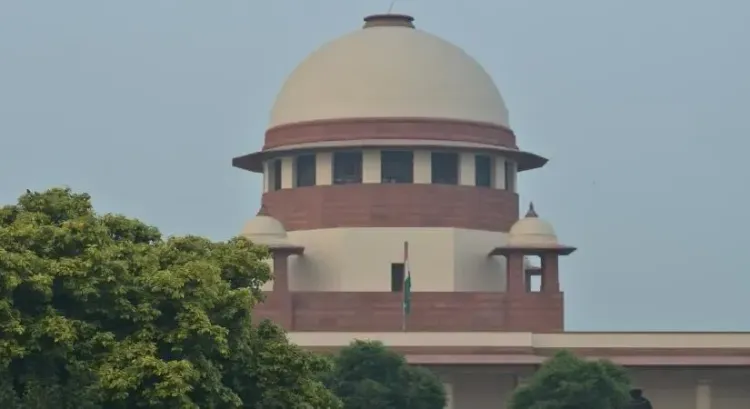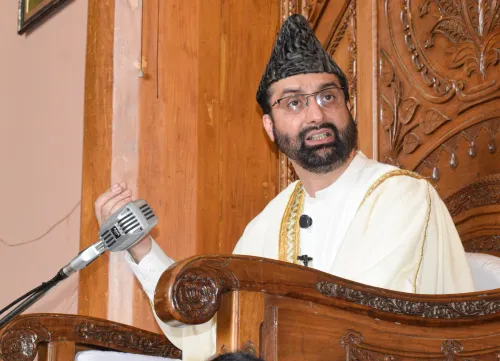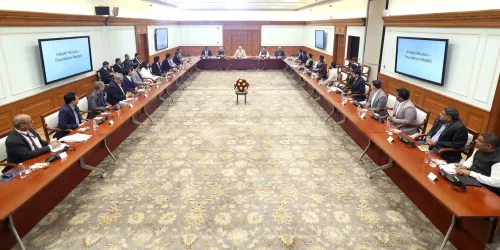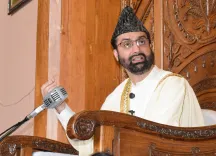Supreme Court Excludes CTET and TET Candidates from Other States in Jharkhand Teacher Recruitment

Synopsis
Key Takeaways
- Supreme Court's ruling restricts eligibility to JTET-qualified candidates.
- CTET and TET candidates from outside Jharkhand are excluded.
- Knowledge of local languages is critical for effective primary education.
- Changes to eligibility criteria after recruitment process started are prohibited.
- Advocate General proposed relaxed criteria for CTET holders.
New Delhi/Ranchi, Jan 30 (NationPress) The Supreme Court on Thursday annulled a ruling from the Jharkhand High Court, establishing that candidates who have cleared the Central Teacher Eligibility Test (CTET) or Teacher Eligibility Test (TET) from states outside Jharkhand are not permitted to sit for the recruitment examination for 26,000 assistant teacher roles in Jharkhand.
The Supreme Court's decision requires that only those candidates who have successfully completed the Jharkhand Teacher Eligibility Test (JTET) are eligible for the recruitment exam.
This verdict was issued by a division bench comprising Justice J.K. Maheshwari and Justice Rajesh Bindal, in response to a petition from candidates qualified through JTET, including Parimal Kumar and others, who contested the prior judgment of the Jharkhand High Court.
Senior lawyer Gopal Sankaranarayanan and attorney Amritansh Vats, representing the petitioners, asserted that JTET-qualified individuals have a grasp of Jharkhand's local languages, such as Santhali, Khortha, and Nagpuri, as these languages are included in their assessments.
In contrast, they noted that CTET-qualified candidates from other states might not have the necessary proficiency in these languages, which is crucial for effective teaching in Jharkhand's primary schools where regional language skills are essential.
Their argument also highlighted that permitting CTET candidates to partake would infringe upon the stipulations of the Right to Education Act.
The Supreme Court remarked that the High Court's ruling, based on the concession from the Jharkhand Advocate General, equates to altering the eligibility criteria after the recruitment process began in July 2023.
The Advocate General had informed the Court that the state was open to easing the eligibility requirements for individuals holding CTET certificates, provided they passed the STET within three years of appointment and were residents of Jharkhand living outside the state.
In December 2023, the Jharkhand High Court, responding to a petition from the Jharkhand CTET Passed Candidates Association, had determined that CTET and TET-qualified candidates from other states could also engage in the recruitment process.
However, the Supreme Court intervened in April 2024, instructing the Jharkhand government and the Jharkhand Staff Selection Commission (JSSC) not to announce the recruitment results without its consent.
With this recent ruling, the Supreme Court has nullified the High Court’s order, restricting eligibility solely to JTET-qualified candidates.










